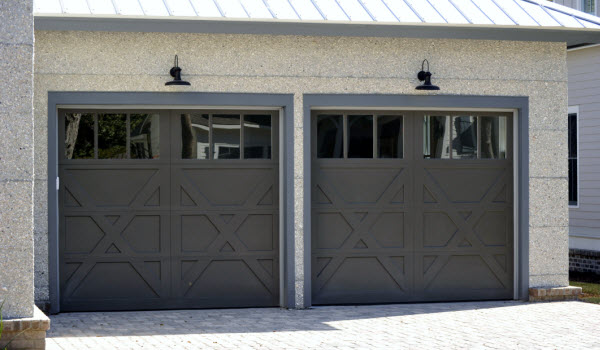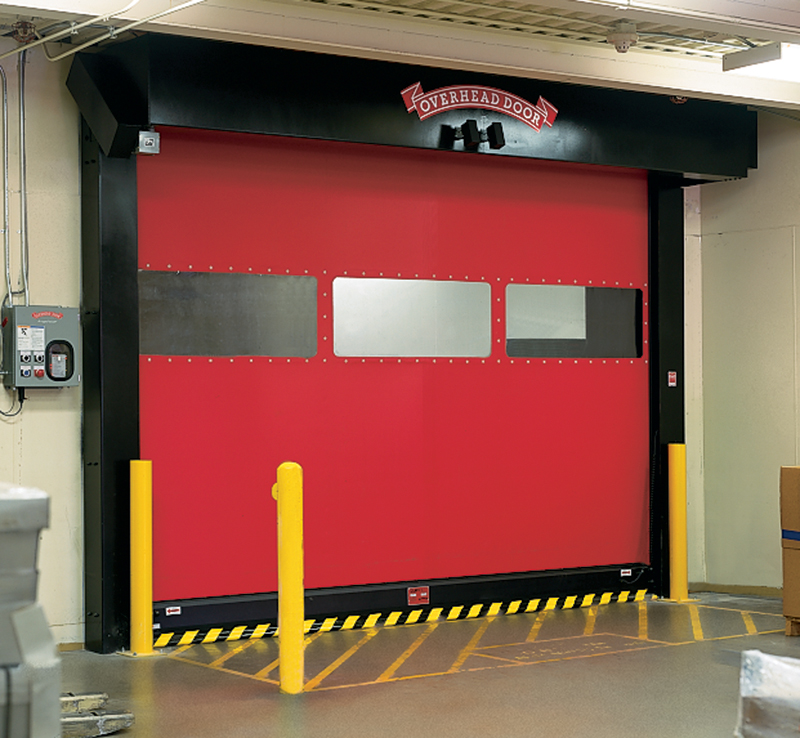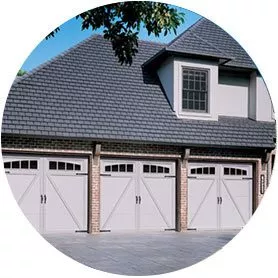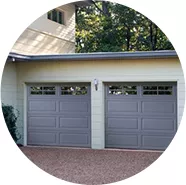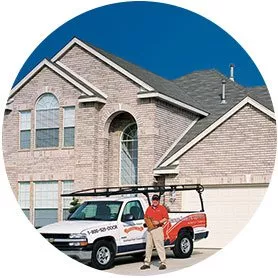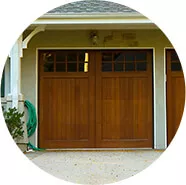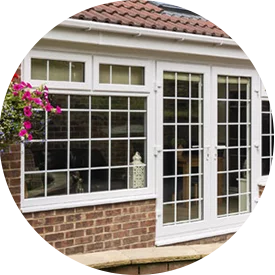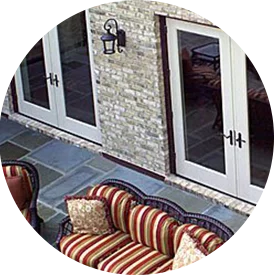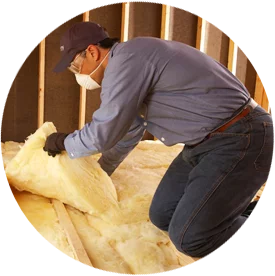Like your windows and doors, your garage door needs weatherstripping in the form of garage door bottom seals. When your bottom seal is worn out, you risk energy loss, reduced security and potential damage to the belongings in your garage.
This blog discusses the different types of garage door bottom seals, their benefits and how they can improve the comfort and safety of your garage.
Understanding Garage Door Bottom Seals
Garage door bottom seals help insulate your garage and protect it from various weather conditions. They’re usually made of vinyl or rubber and can wear out over time.
You can protect your garage door seal by performing regular maintenance and protecting your garage through regular door seal replacements.
When it’s time to replace your garage door bottom seal, it’s important to choose the right seal for your door and climate. You must use a seal that works with the thickness of your garage door and the condition of the garage floor.
Exploring Different Types of Garage Door Bottom Seals
There are several common types of garage door bottom seals. Let’s dive into the differences and benefits of each type.
Rubber Bottom Seals
Rubber bottom garage door seals are flexible and resistant to weathering. They come in many shapes and sizes to fit your garage door, which helps create a better seal.
Some advantages of rubber bottom seals include:
- Good sealing properties
- Flexibility
- Durability
- Resistant to weather conditions
Rubber bottom seals work well for homes and businesses in any climate.
Vinyl Bottom Seals
Vinyl garage door bottom seals are more rigid than rubber and offer good sealing. They’re less likely than rubber to crack or deform. As such, vinyl is perfect for climates where the temperature stays relatively consistent. These seals will keep out dust, dirt and water.
Brush Bottom Seals
Brush seals are unique — they consist of flexible bristles attached to a metal or plastic backing. They create a better barrier against drafts, dust and pests without creating friction against the garage floor.
Advantages of brush bottom seals include:
- Effective at sealing gaps
- Durable
- Low friction
Brush bottom seals are better for uneven garage doors and work well for any climate. These seals are 98.5% effective and can withstand extreme heat and cold.
Bulb Bottom Seals
Bulb bottom seals are formed in a bulb-like shape, which resembles an inverted T when viewed from the side. They’re made of flexible rubber or vinyl attached to a rigid aluminum or PVC retainer.
Advantages of bulb bottom seals include:
- A tight seal thanks to compression
- Flexibility
- Durability
- Easy installation
- Variety of sizes
Bulb bottom seals will withstand extreme cold and extreme heat better than some other garage door bottom seals.
When To Replace Your Garage Door Bottom Seal
Most garage door bottom seals need to be replaced every five to 10 years depending on wear and tear. Some signs of wear and tear include cracks, flattening, hardening, discoloration, loosening or detachment, irregularities in the seal and reduced insulation.
If you can see daylight or feel a breeze in your garage while the door is closed, you likely need to replace your seal.
While you can perform DIY garage door bottom seal replacement, it can be difficult and requires an extra person to help. To replace your garage door bottom seal:
- Remove the old seal.
- Cut the new seal to size.
- Wash the track on the garage door with soap and water to remove residue.
- Use dish soap to lubricate the retainer track.
- Feed the seal down the track while the other person pulls.
- Cut the excess seal to fit.
- Add caps if they’re available.
- Add screws to secure the seal.
If you’re uncomfortable or unsure about replacing your garage door bottom seal, you can always call a professional, like those at Overhead Door Co. of Indianapolis & Muncie, to do the replacement.
Enhancing Garage Door Insulation With Weatherstripping
Extra weatherstripping can be added to your garage door to help improve energy efficiency. Your garage, if not properly insulated, can lose a lot of heat or cool air from your home, making your HVAC system work harder.
Some weatherstripping options include side seals, top seals and threshold seals. They can help reduce debris in your garage, prevent pests and protect against moisture.
Make sure you properly maintain your weatherstripping to keep your garage energy-efficient. You can also clean your weatherstripping and replace it when needed.
Why Choose Us?
If you want to keep your garage door safe from weather, water, debris and dirt, consider replacing your garage door bottom seal. If you notice any signs of wear and tear, call Overhead Door Co. of Indianapolis & Muncie for a professional assessment.
We can check your seal for problems and replace it with ease. Protect your garage and the belongings you keep there from damage by replacing your seal.
For expert advice on replacing your garage door bottom seal, contact Overhead Door Co. of Indianapolis & Muncie.
Call us in Indianapolis at 317-489-0825 or in Muncie at 765-215-2932 today to learn more and get started.


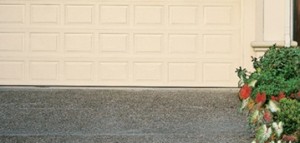

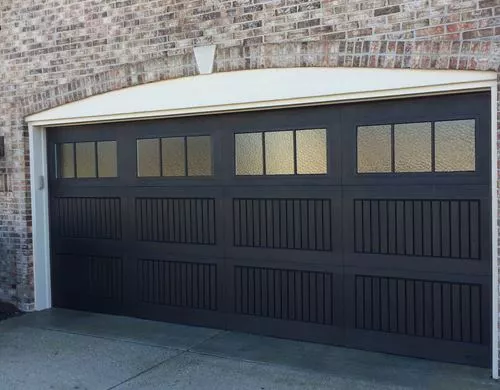 Having trouble with a garage door that seems to stop midway through either opening or closing? While this problem can be hair-pull-worthy, it’s actually a fairly common concern, and one that often comes with a simple solution.
Having trouble with a garage door that seems to stop midway through either opening or closing? While this problem can be hair-pull-worthy, it’s actually a fairly common concern, and one that often comes with a simple solution.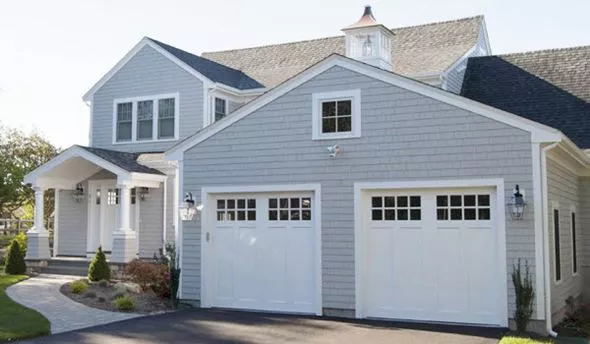

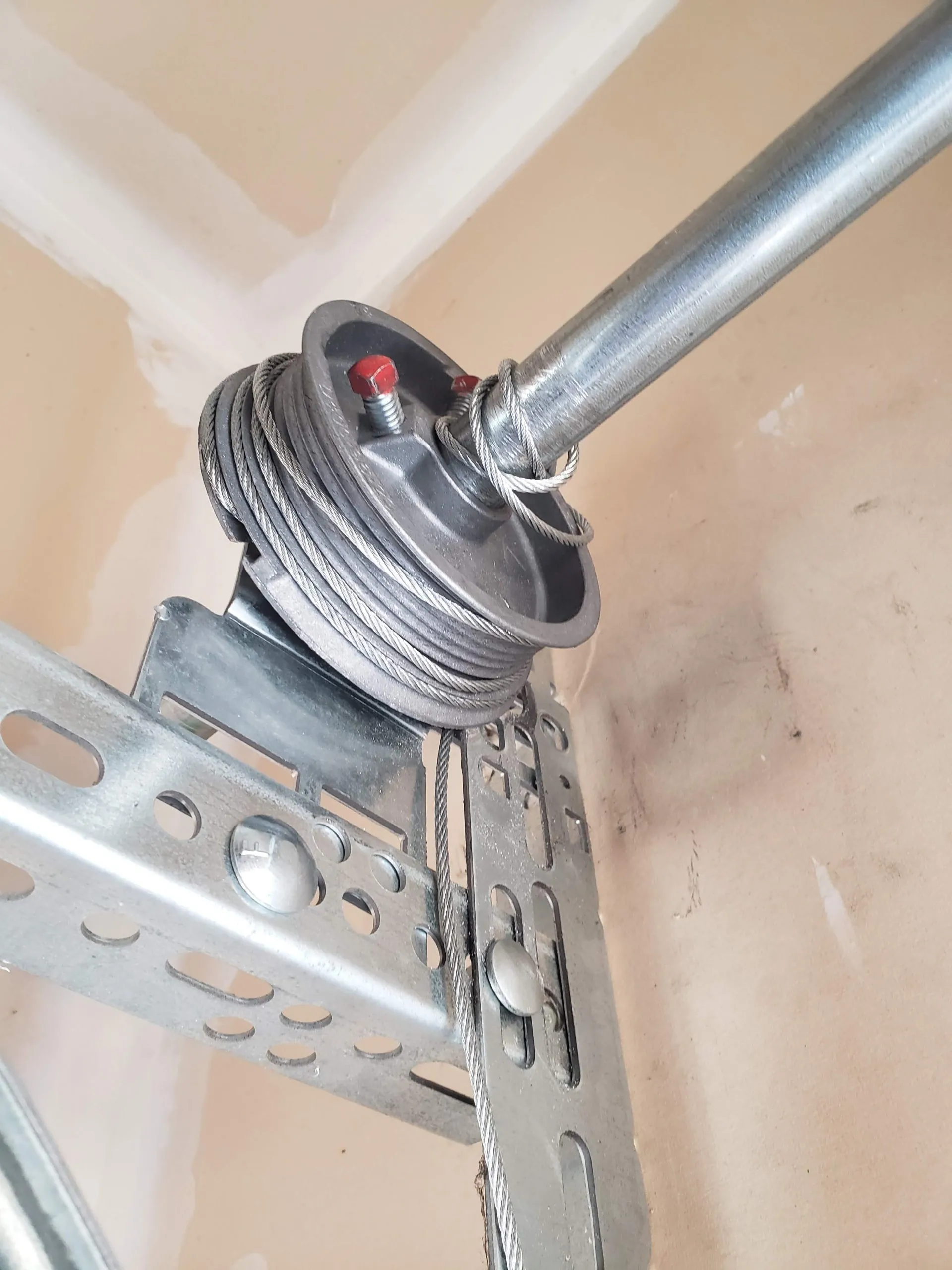
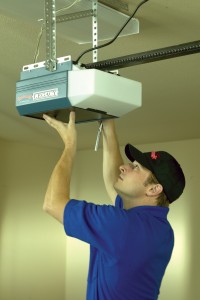
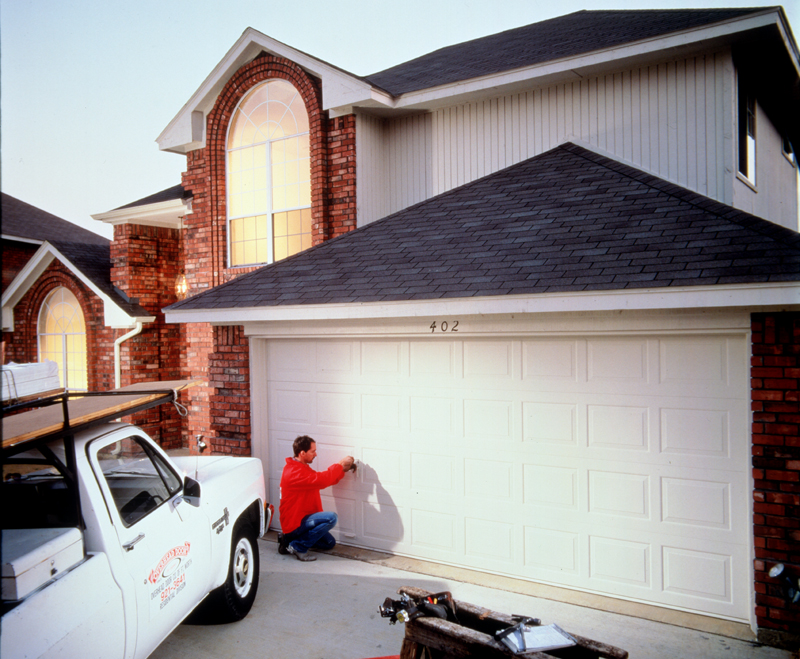 There are many things to consider when choosing a new garage door for your home or business, from color and style to material types, but one of the most important is size.
There are many things to consider when choosing a new garage door for your home or business, from color and style to material types, but one of the most important is size.